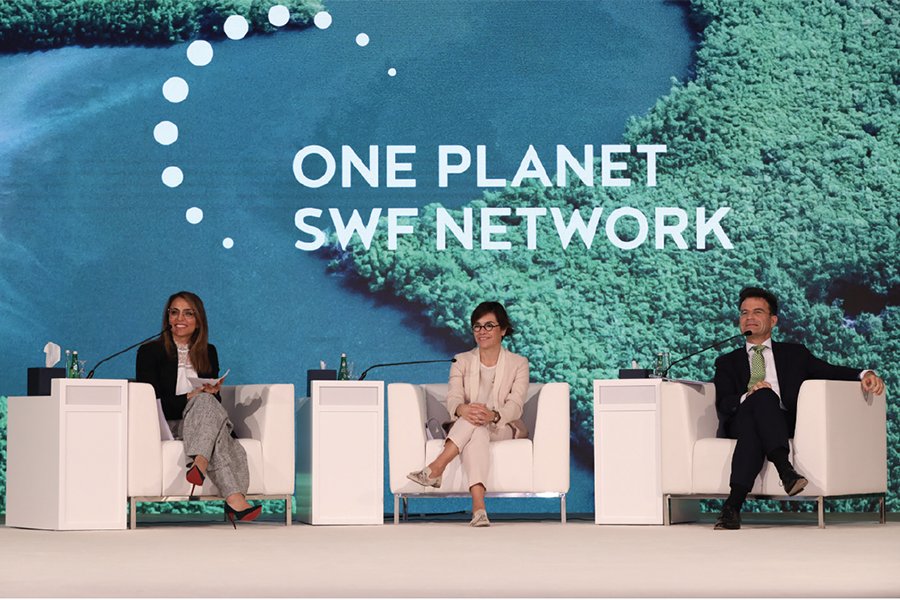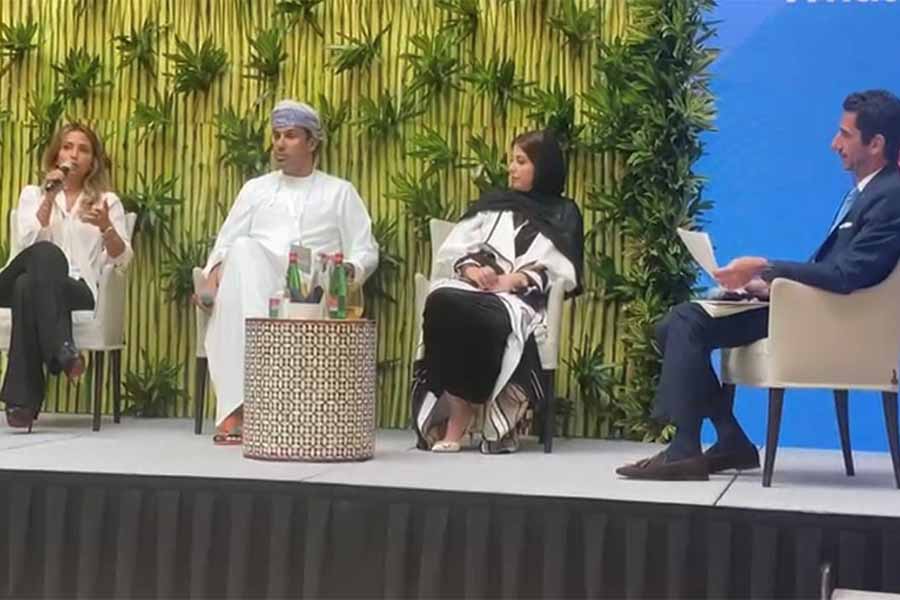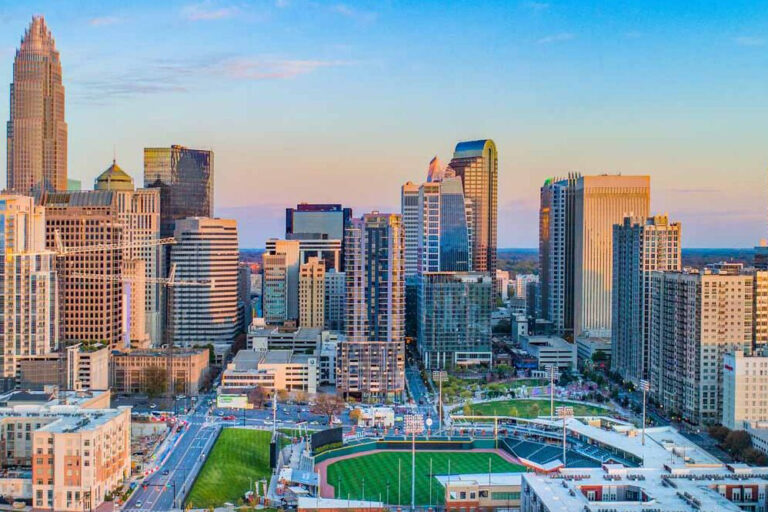
As the pace of change accelerates in Saudi Arabia, Hawazen Nazieh Nassief is helping to turn environmental and social responsibility into a priority for businesses across the country.
At this time of surging energy prices and geopolitical uncertainty, the oil-rich Kingdom of Saudi Arabia is playing a pivotal role in the reshaping of the global economy. Hawazen Nazieh Nassief, one of the country’s leading champions of environmental and social responsibility, is helping to put sustainability at the heart of this new era.
“We can use today’s challenges to drive things forward and come out of difficult situations stronger,” she says. “Sustainable practices are being adopted in Saudi Arabia and in more and more countries. As a global community, we can save the world.”
Hawazen is no stranger to challenges. After a long stint in charge of ESG at an oil company in Houston, she is now back in Saudi Arabia working with some of the world’s largest institutions to enhance sustainability practices, and she oversees sustainability strategies at private and public companies in multiple sectors across the Saudi economy. The progress she is seeing in her home country is enormously encouraging to her.
“There is tremendous interest in ensuring that Saudi companies are at the same level as their international peers when it comes to sustainability,” Hawazen says. “For new companies and new projects, there is always a sustainability component. The whole world is moving in this direction, and Saudi Arabia is no different.”
To meet the targets of the country’s Vision 2030 roadmap and achieve net zero by 2060, the Kingdom is reducing emissions from oil and gas production and strengthening its infrastructure for renewable and clean energy.
“A complete mindset change is taking place. The whole country is embracing ESG and sustainability.”
Hawazen Nazieh Nassief, ESG Advisor, Saudi Arabia
Hawazen says that Vision 2030 is profoundly impacting not only the Saudi economy, but ordinary people in all walks of life, especially Saudi women. Recent reforms have done much more than give women the right to drive; they protect women from harassment and deliver equal opportunities and equal pay in the workplace.
“I used to feel that I could achieve more if I was based somewhere else,” Hawazen says. “I have changed my mind. Now, I want to be here in my country to bring my international experience to the Saudi market. Saudi Arabia is the best place for me to make an impact and achieve everything that I want to achieve.”

How interested are Saudi companies in environmental sustainability?
We are a young country: About 70% of our population is below 40 years old. This generation wants to make sure that our environment is preserved and protected for generations to come. Driven by the concerns of this generation and by new regulations, board oversight of ESG and sustainability is becoming the norm in bigger, publicly listed Saudi companies. There is always a sustainability component at startups.
Companies are preparing to comply with Saudi Arabia’s new environmental law and other regulations. The ESG guidelines issued last year by Tadawul, the Saudi Stock Exchange, have pushed the market to prioritize ESG. Companies are putting in place methodologies to collect environmental data, and implementing strategies to reduce their footprint and improve their environmental impact.
Are oil and gas companies also walking the ESG walk?
I have seen the rhetoric and conversations around oil and gas evolve over the past five years. As head of ESG at a publicly listed company in the U.S., I used to see a great deal of antagonism or even divestment from the oil and gas sector. These conversations and views were extreme and not realistic; the markets and infrastructure are not ready. The prices and enabling regulations are not there to scale renewable or clean energy. The more we invest in making the oil and gas sector sustainable, the better, because it remains the most reliable, accessible, and affordable source of energy. We need to continue to invest in the sector and make it more sustainable to avoid any major disruptions to the world’s energy supply.
Everybody supports moving to a more diverse energy mix in the future. However, the world today is not ready to make that move overnight. A gradual transition is reasonable.

How are social reforms changing life for women in Saudi Arabia?
As a woman, I feel protected and I feel that I belong. I am not a second-class citizen. The laws and the government institutions not only recognize us as equals, but protect women and our rights. There is a tremendous focus on hiring women and making sure we get equal opportunities in the workplace. In Saudi Arabia today, there are great opportunities for women that did not exist in the past.
Why is sustainability so important to you personally?
I have always wanted to do things to help people and give back to communities. I am a millennial. We care about how companies impact the world. We believe that a company’s license to operate is linked to society’s acceptance of the way the company operates and the impact it has.
When I joined the workforce in 2005, there were very few opportunities in sustainability, and companies were not willing to pay for it. That has all changed. Now, boards are talking about sustainability and shareholders and regulators are pushing for it.
I want the sustainability strategies that I help put in place to challenge people, to be ambitious, and to push boundaries. We will keep moving faster and with even more conviction![]()
As published in Fortune magazine









